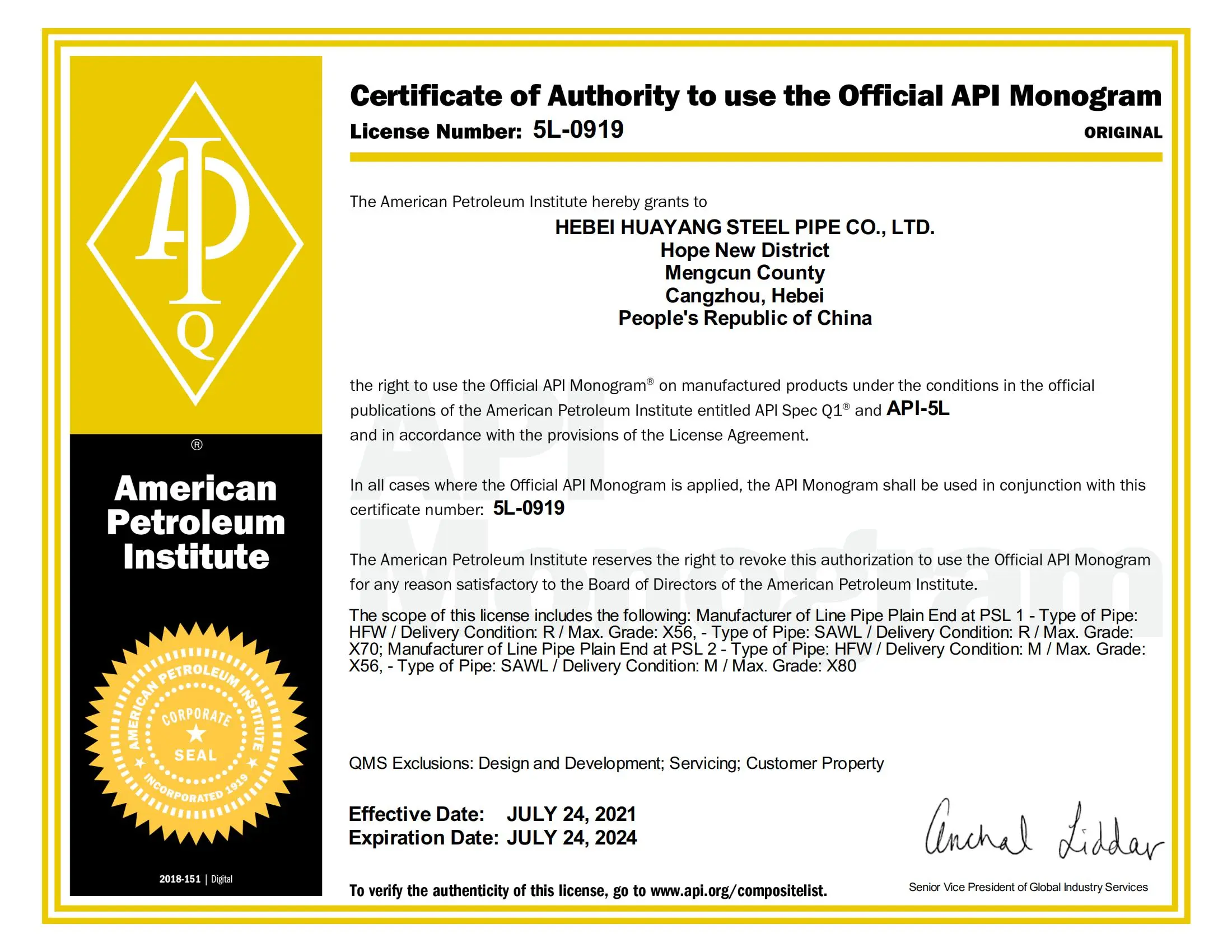
Sen . 03, 2024 05:16 Back to list
liquid thickener
Liquid thickeners play an essential role in various industries, including food and beverage, pharmaceuticals, and cosmetics. These versatile additives are primarily used to enhance the viscosity of liquids, transforming them from a thin, runny consistency into a thicker, more manageable form. This modification helps not only in improving the texture of products but also in achieving desired sensory experiences for consumers.
In the food industry, liquid thickeners are extensively utilized in soups, sauces, and dressings to achieve the perfect consistency. For individuals with dysphagia, a condition that impairs swallowing, thickeners ensure that liquids are easier to swallow, thereby improving safety and comfort. Common thickeners include xanthan gum, cornstarch, and guar gum, each chosen for specific applications depending on their thickening power and functional properties.
In the pharmaceutical sector, liquid thickeners are crucial in formulating syrups and suspensions. The inclusion of thickeners helps in ensuring that active ingredients remain evenly distributed within the liquid, thus providing accurate dosing and enhancing the stability of the final product. Moreover, thickeners can mask unpleasant tastes, making medications more palatable for patients, especially children.
liquid thickener

The cosmetic industry also takes advantage of liquid thickeners to create lotions, creams, and gels that possess desirable textures and viscosities
. By adjusting the thickness, formulators can improve product stability, spreadability, and overall aesthetics, leading to better user experiences. Commonly used thickeners in cosmetics include carbomers and cellulose derivatives, which help create a smooth application on the skin.Despite their benefits, the use of liquid thickeners must be carefully managed to avoid negative effects. Over-thickening can lead to undesired textures, and excessive use may affect the overall product performance. Therefore, formulators often conduct rigorous testing to ensure that the right balance is achieved.
In conclusion, liquid thickeners are invaluable components across various sectors, enhancing product quality and user experience. Their ability to provide the desired viscosity not only improves functionality but also addresses specific consumer needs, such as safety in swallowing for dysphagic individuals. As industries continue to evolve, the demand for innovative thickening solutions remains robust, highlighting the significance of these additives in everyday products.
-
Versatile Hpmc Uses in Different Industries
NewsJun.19,2025
-
Redispersible Powder's Role in Enhancing Durability of Construction Products
NewsJun.19,2025
-
Hydroxyethyl Cellulose Applications Driving Green Industrial Processes
NewsJun.19,2025
-
Exploring Different Redispersible Polymer Powder
NewsJun.19,2025
-
Choosing the Right Mortar Bonding Agent
NewsJun.19,2025
-
Applications and Significance of China Hpmc in Modern Industries
NewsJun.19,2025







